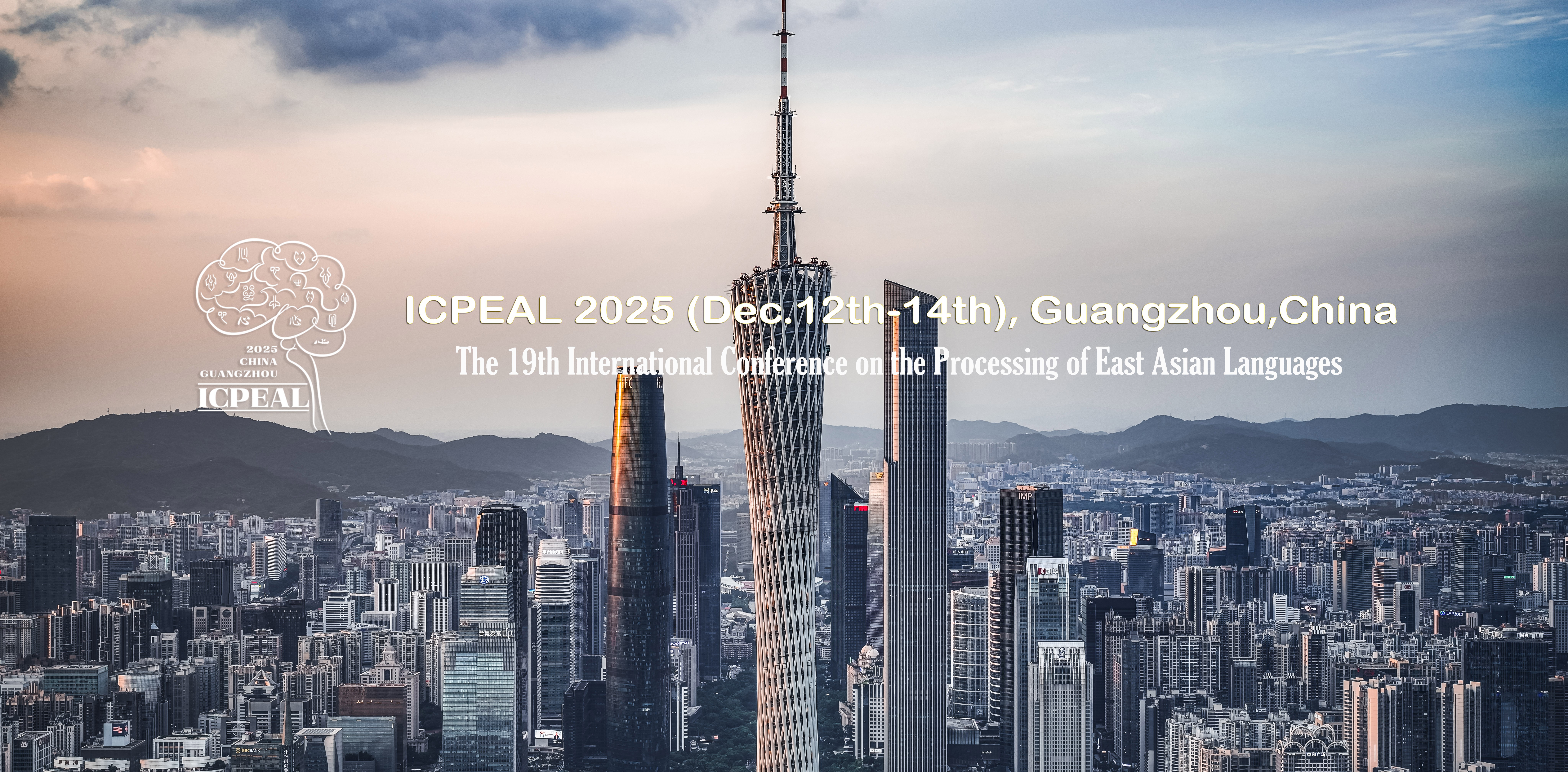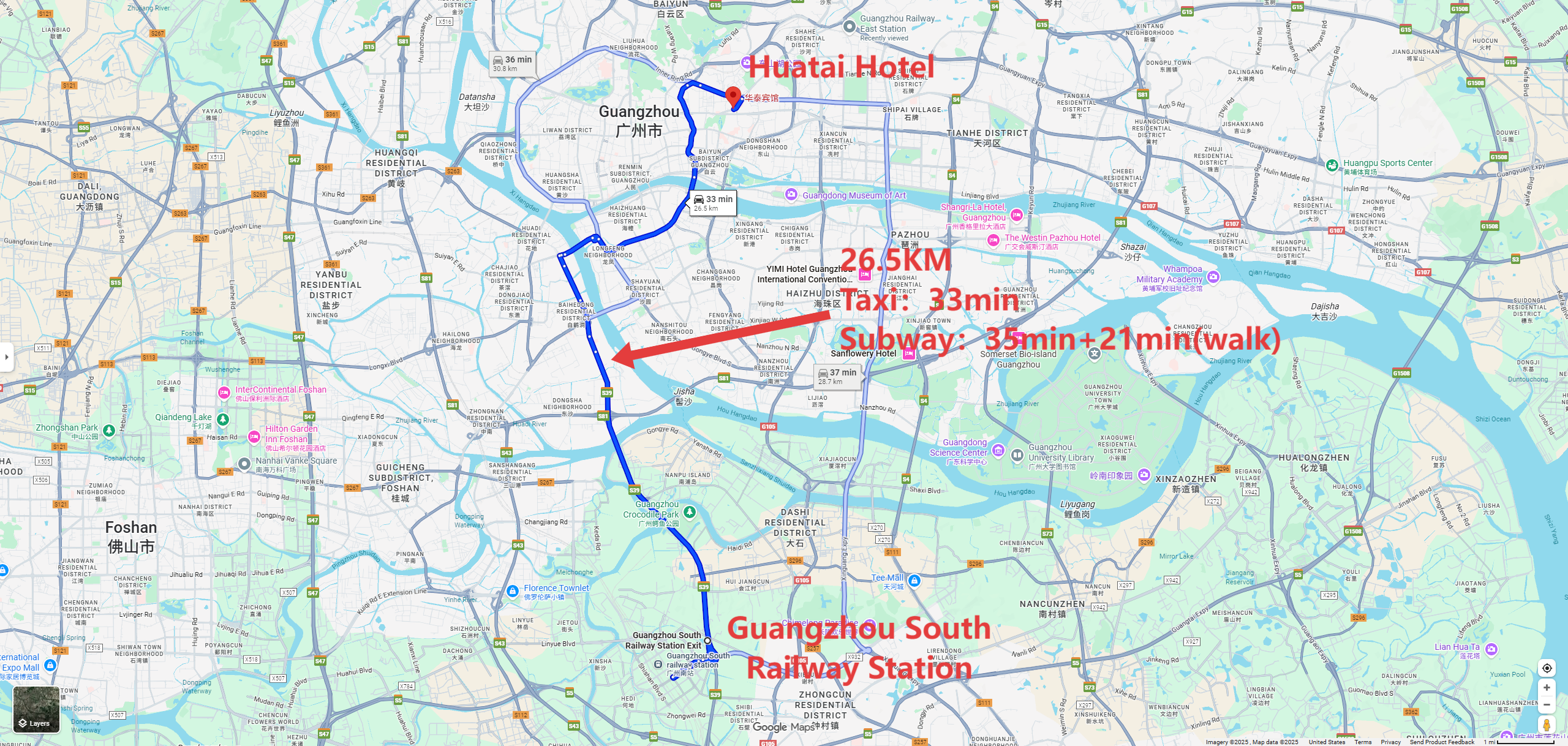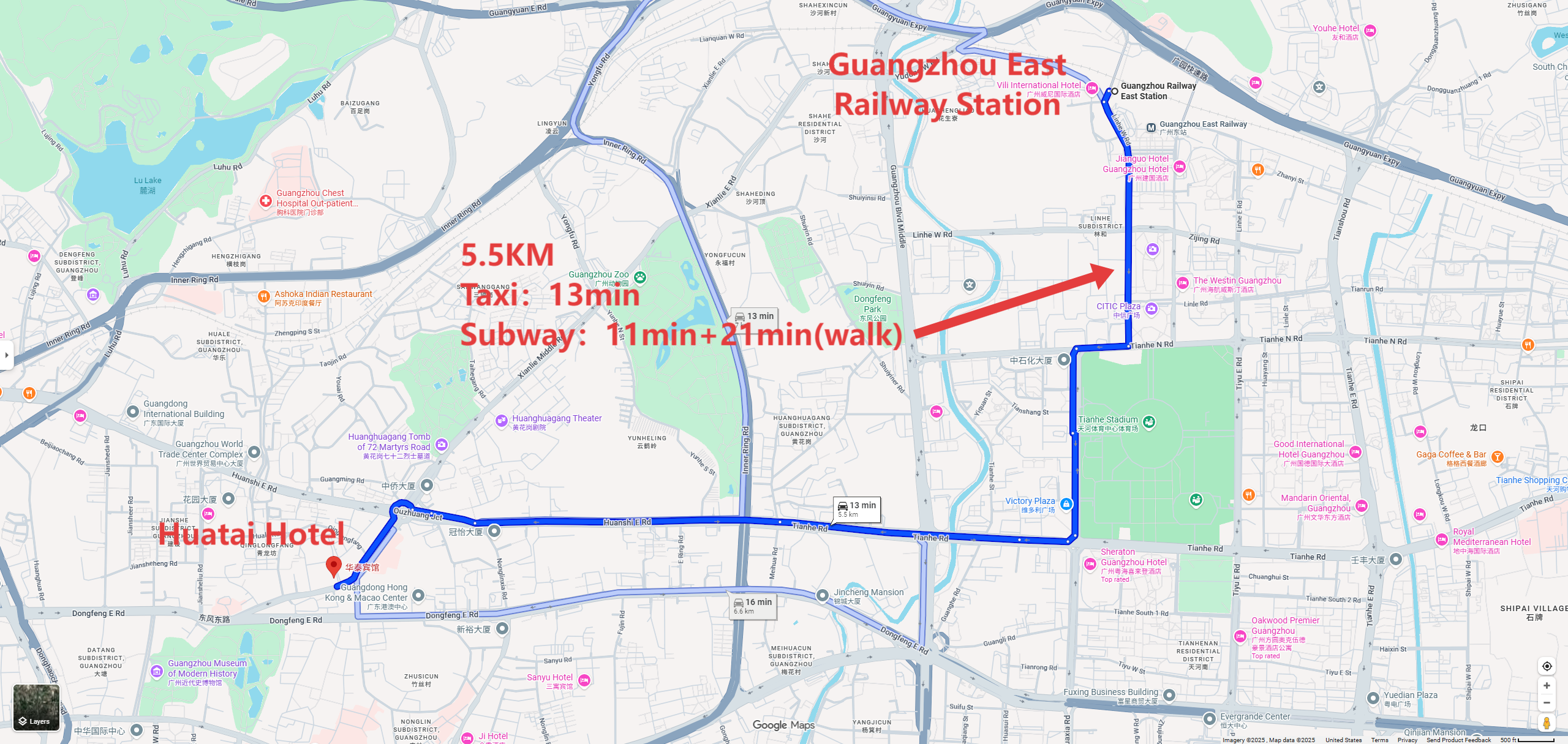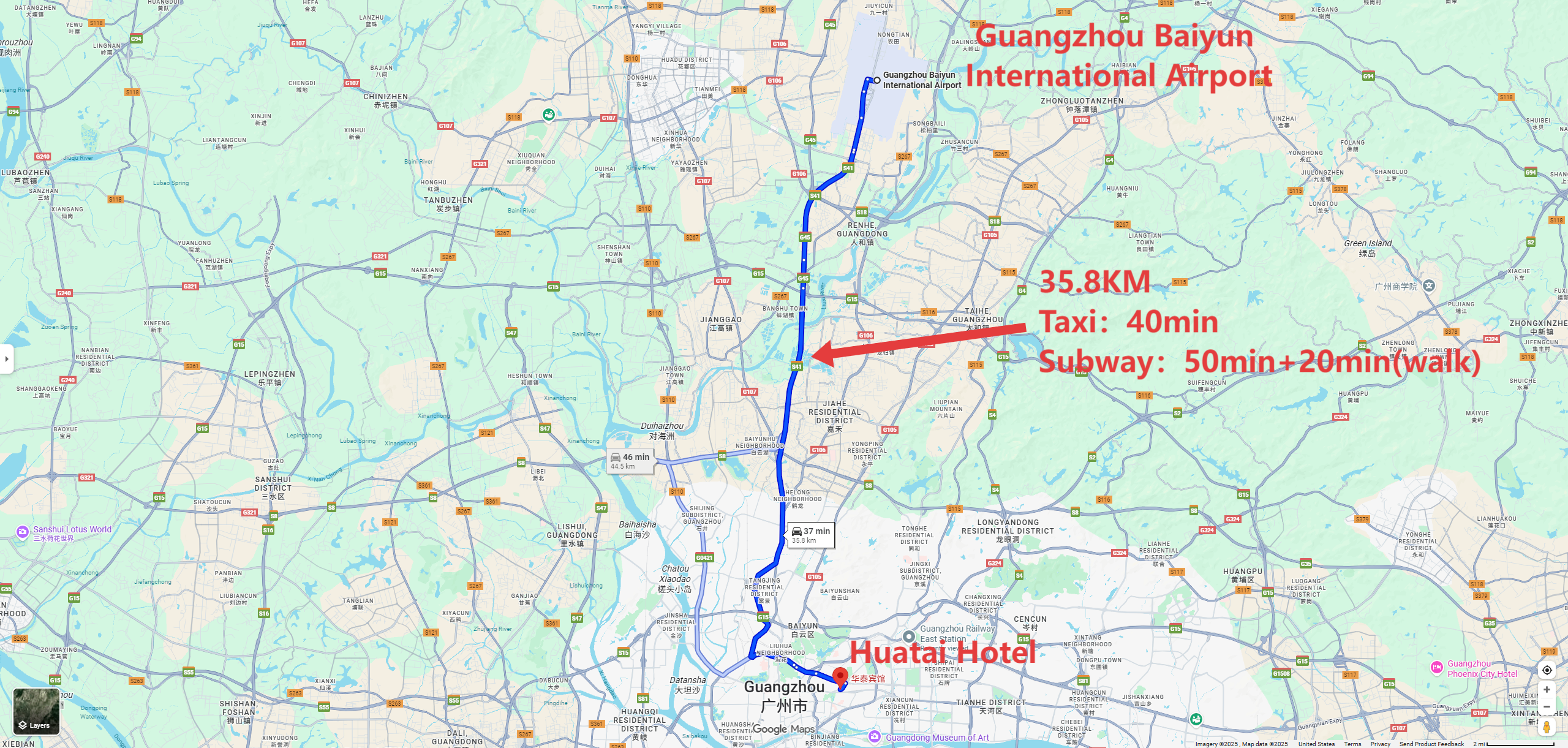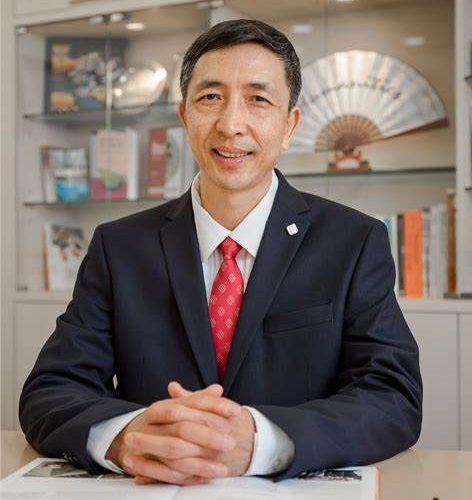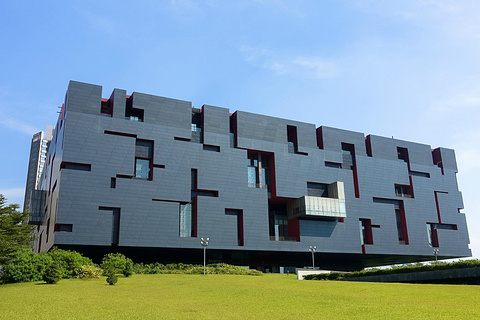Introduction
Since its start in 1978, the International Conference on the Processing of East Asian Languages (ICPEAL) has been held every two years and has become an important international forum for research on how East Asian languages are learned and processed in the mind and brain. The conference brings together researchers from around the world to discuss key topics in the cognition, learning, and processing of East Asian languages.
ICPEAL provides a friendly platform for researchers to share new findings, exchange ideas and methods, encourage collaboration across disciplines, and help guide the development of East Asian language research. Over the years, the conference has presented work ranging from brain studies on language processing to experiments on language learning, supporting both theoretical understanding and practical applications.
The 19th ICPEAL will be held on 12–14 December 2025 at Guangzhou, China. The program includes keynote lectures by internationally recognized scholars, invited talks by experts, oral presentations covering ongoing research, flash (lightning) talks for brief presentations of new ideas, and poster sessions offering an open space to share research and meet other participants. We warmly invite researchers, scholars, and students from around the world to join us in Guangzhou for ICPEAL 2025 to learn about the latest work and developments in East Asian language research.
Advisory Committee
Prof. Jong-Tsun Huang
National Taiwan University
Prof. Hsuan-Chih Chen
Chinese University of Hong Kong
Prof. Lei Mo
South China Normal University
Prof. Yufang Yang
Chinese Academy of Sciences
Prof. Xiaolin Zhou
East China Normal University
Prof. Tai-Li Chou
National Taiwan University
Prof. Yiming Yang
Jiangsu Normal University
Prof. Yanping Dong
Zhejiang University
Organizing Committee
Prof. Suiping Wang (Chair)
South China Normal University
Prof. Xianyou He
South China Normal University
Prof. Ruiming Wang
South China Normal University
Prof. Leilei Mei
South China Normal University
Prof. Qing Cai
East China Normal University
Prof. Zude Zhu
Jiangsu Normal University
Prof. Zaizhu Han
Beijing Normal University
Prof. Xiaoqing Li
Chinese Academy of Sciences
Prof. Xiaohua Cao
Zhejiang Normal University
Secretary
Prof. Jian Huang
South China Normal University
Prof. Xuemei Chen
South China Normal University
Prof. Nan Li
South China Normal University

